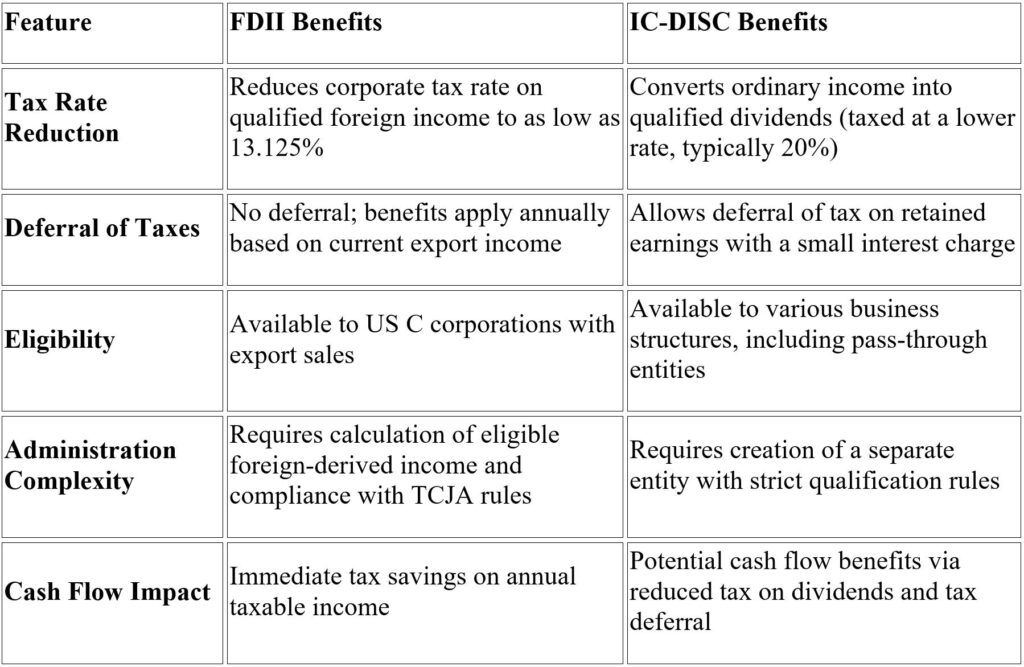Private labels are not a new concept – many consumers have purchased private label products for years, but their use is becoming more prevalent and ubiquitous in the market as demand for private labels continues to rise. Whether you are a retailer launching your own wine label or a brewery producing beer for a supermarket chain, the business opportunities are abundant, but so are the regulatory considerations.
What Are Private Labels?
While not formally defined at the federal level, according to the Alcohol and Tobacco Tax and Trade Bureau (TTB), “private labels” are labels “created for purchasers other than the ultimate consumer. They may bear a brand name or artwork that is specific to the purchaser, such as a retail store or restaurant, who is buying the product in order to sell it to consumers.”
With a private label, the intellectual property (IP) used to brand and market the product is owned or under the control of the retailer. The retailer then enters into a licensing agreement authorizing a producer (or multiple producers) to make products under specified trademarks and other IP owned by the retailer. Despite their nature, in most jurisdictions, sales pass through an independent wholesaler, often one identified by the retailer as willing to take a lower markup than is customary on the product. The products are subject to the same labeling requirements as any other TTB-regulated product.
Private labels are sometimes confused with control labels, primarily because of the issue of who owns the IP. For a control label, as opposed to a private label, the brand name and trademark are owned by the supplier. The product is made to the retailer’s specifications, and it is sold to a specific retail account. With a control label, the retailer can influence marketing and pricing strategies as well. Control labels, in particular, are prohibited more often than private labels, with states taking issue with a manufacturer retaining ownership of a brand that a retailer is exerting control over.
Private labels are not expressly permitted or prohibited at the federal level, but TTB’s labeling regulations implicitly recognize that a retailer’s name may appear on a label and that a supplier may bottle a product for a retailer. At the state level, while private label arrangements are prohibited in a few jurisdictions (e.g., Arkansas), most states permit such arrangements. In some jurisdictions (e.g., New York), the supplier or wholesaler must restrict sales of the private label to the retailer that owns the IP. In others (e.g., Texas), the private label product must be available, at least in theory, to any retailer that wishes to purchase it. However, private label products present an obvious question: How do they exist without violating tied-house and anti-discrimination laws?
For example:
- Private labels can pose tied-house issues if the retailer is deemed to have disproportionate control over the production process (e.g., beyond quality control and IP protections). Or, conversely, the manufacturer has undue control over the retailer (e.g., quota sales, exclusive [...]
Continue Reading


 Continue Reading
Continue Reading

